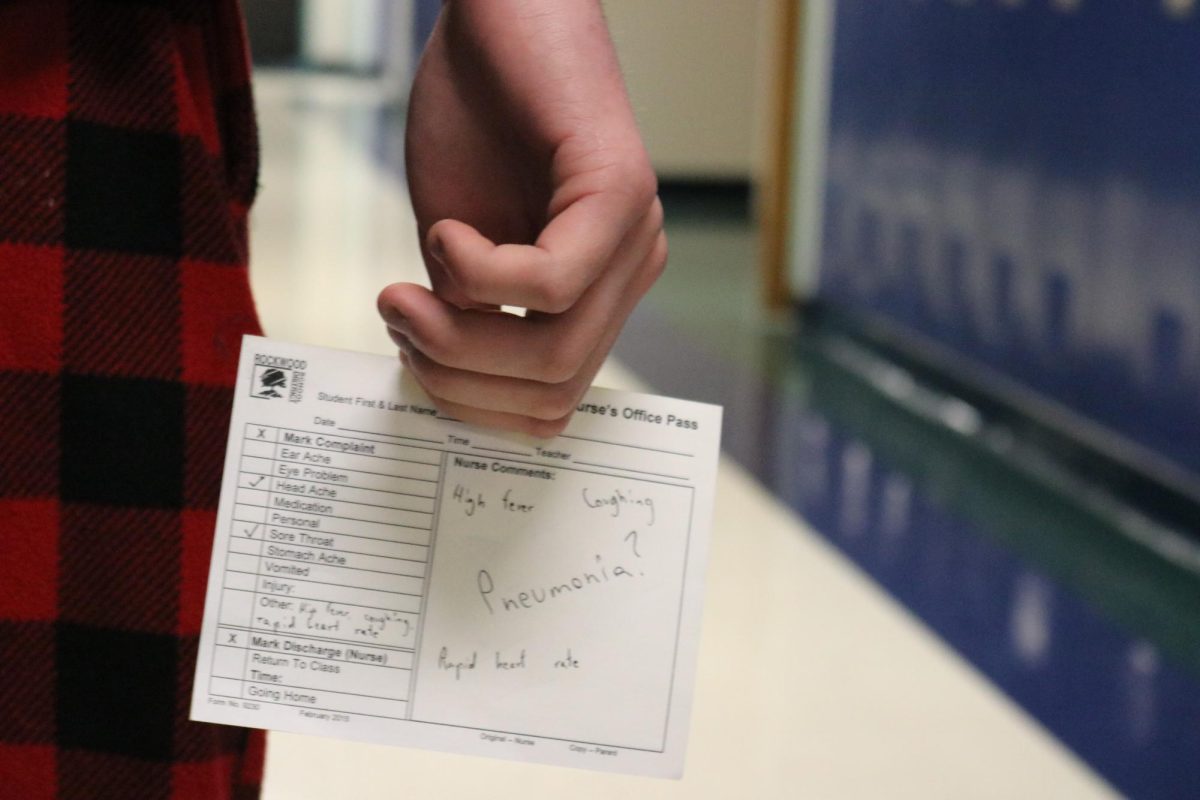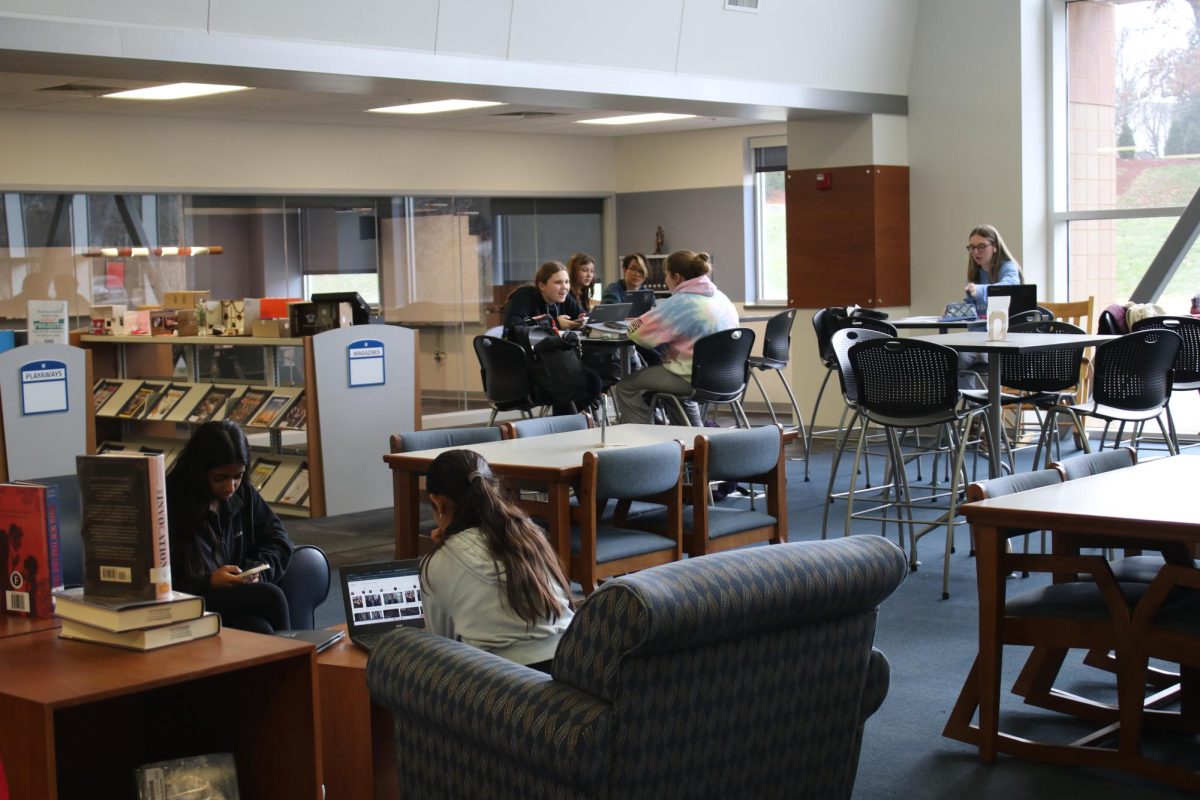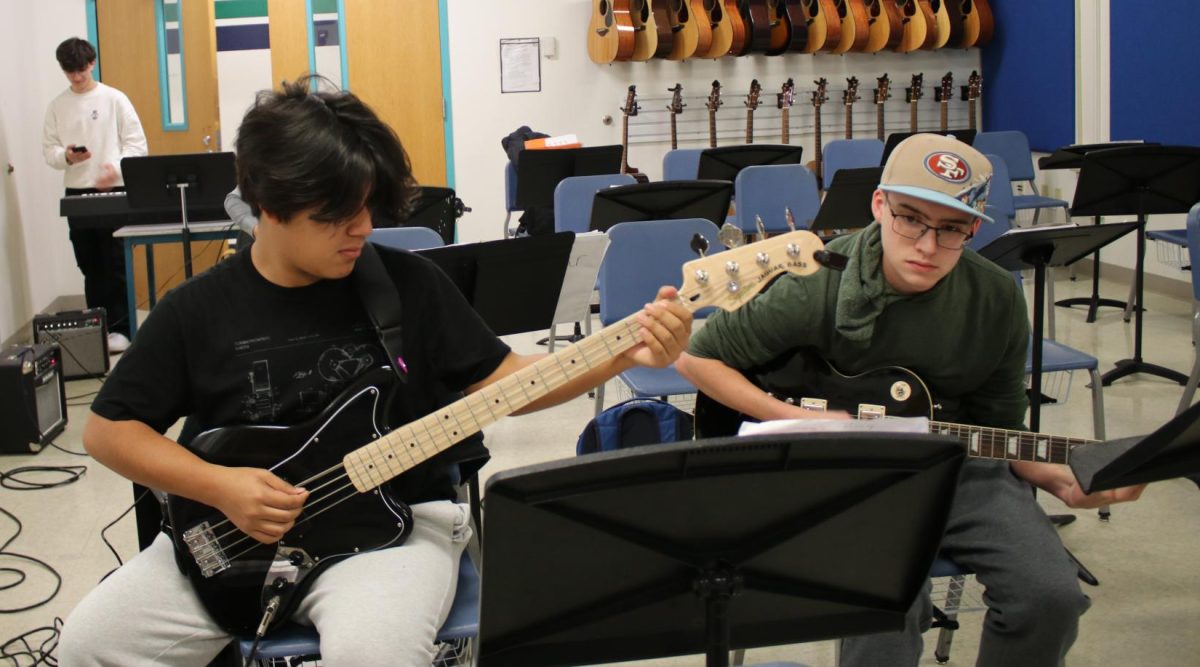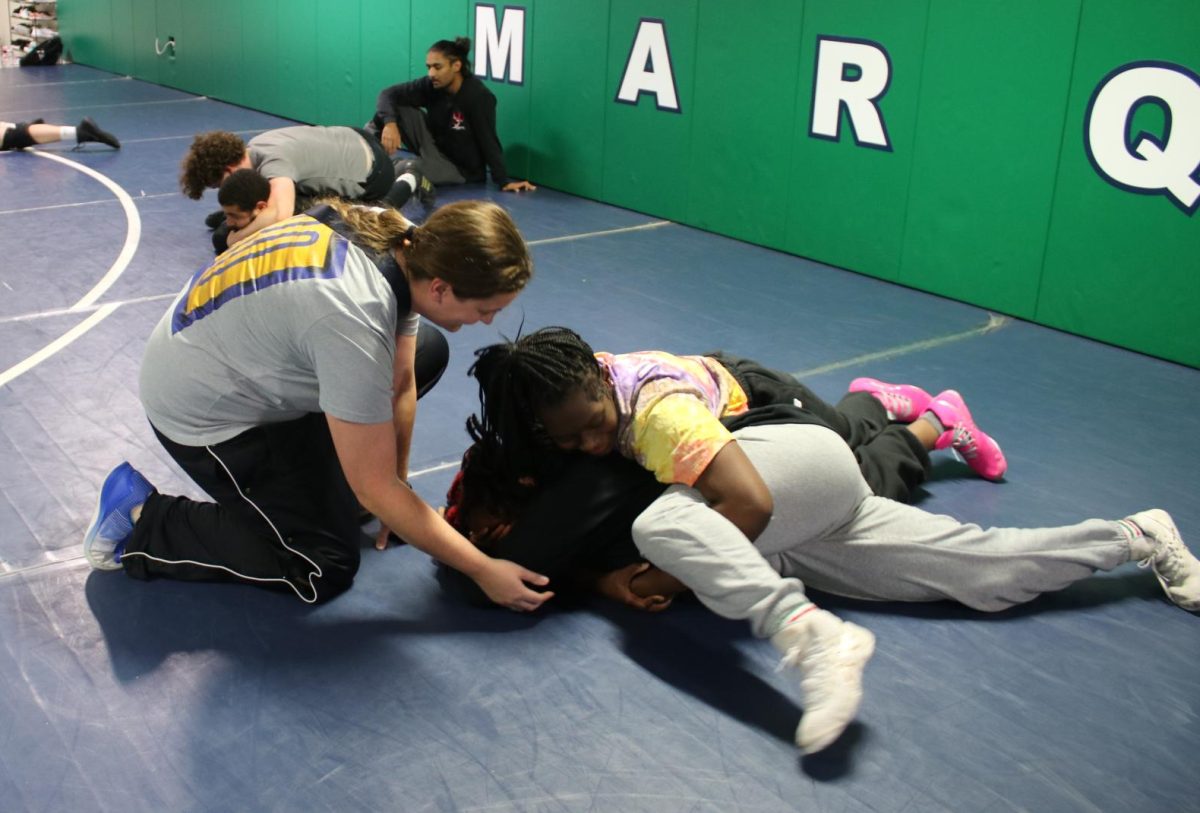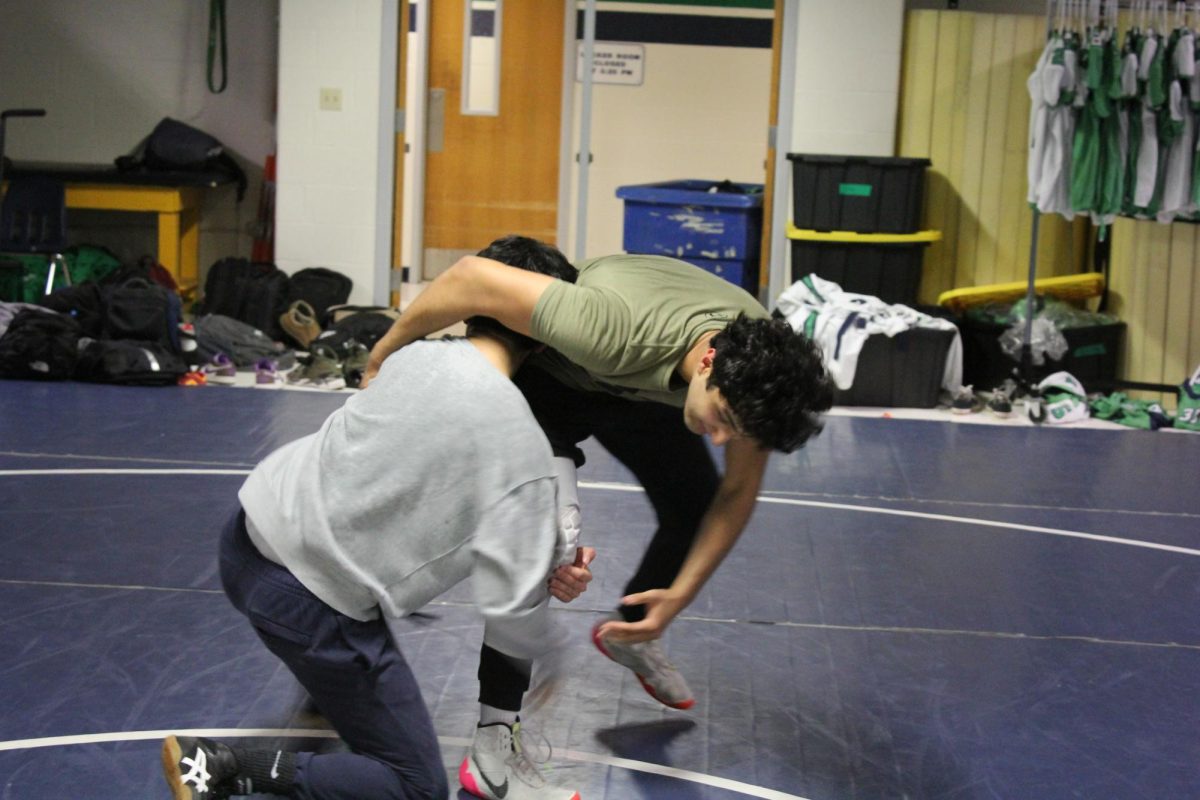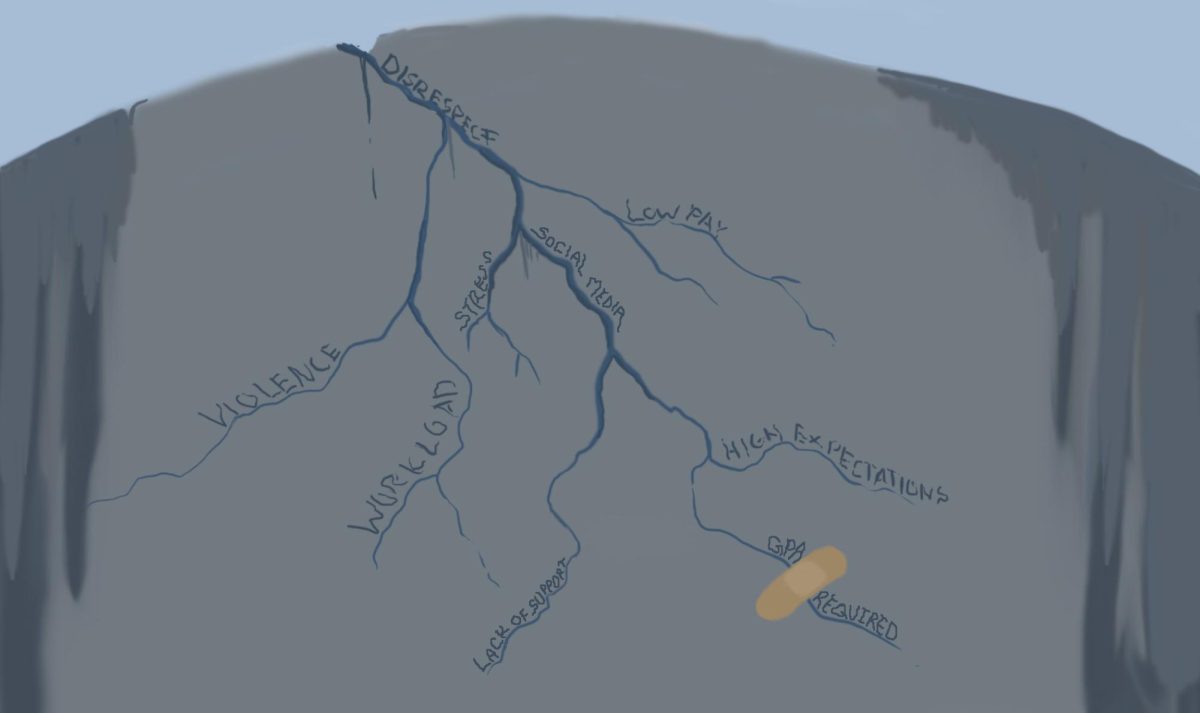Finding Hope: Students find strength to recover from depression through treatment and friends’ support
October 7, 2015
Her friends had abandoned her, she’d been depressed for two years and was self-harming. But still, the MHS sophomore didn’t want to be helped.
“I was so comfortable and used to feeling sad that I was afraid of trying to be happy,” Jane Doe said.
Diagnosed with depression in seventh grade, it wasn’t until freshman year she began to recover.
“I got tired of being sad all the time,” Doe said. “I realized I couldn’t change anything around me so I decided that I should just try to change the way I looked at things.”
Therapy helped her to recover, Doe said.
“Therapy helped me organize my thoughts,” Doe said. “It helped me realize how I felt.”
After years of using self harm to cope, Doe said she came to a realization that self harming hurts everyone around her.
“It’s very selfish,” Doe said. “Even though you’re hurting and you’re doing it because you’re in pain, you’re hurting everybody that cares about you.”
She began to look for healthy ways to go through dealing with her problems, such as hanging out with friends. It has been almost a year since she was able to stop self-harming.
“I learned that there are always going to be people who you don’t like and who don’t like you,” Doe said. “No matter what, you can be happy. You just have to make the decision to be happy.”
One of the most successful forms of treatment is talk therapy, which helps an individual understand the relationship between suicidal behavior and their disorder, Ryan Lindsay, chief operating officer and co-founder of the St. Louis Center for Family Development, said. Talk therapy also teaches skills to recognize, identify and problem solve emotional experiences.
“Many treatments involve getting people activated again to engage in things they previously gave up due to their depression or situation,” Lindsay said. “The more you are engaging in activities that bring happiness, happiness has the potential to be a consequence.”
Lindsay uses a specific treatment called Dialectical Behavior Therapy, which teaches skills in emotional regulation. Lindsay said suicidal behavior and self-injury can become means to problem solve during difficult emotional experiences. The Dialectical Behavior Therapy treatment works to provide new ways to problem solve.
“Individuals are able to expand their options for responding to difficult situations and therefore no longer need to resort to suicidal behavior to solve problems in emotions,” Lindsay said.
Adam Deguire, senior, said he often looks to his friends to help with his depression because they keep him occupied and focused on what’s right in front of him.
For the most part, though, DeGuire said he prefers to keep to himself on days when his depression worsens. On these days, he tends to stay home and write music.
“Delve into what you enjoy and try not to think too hard about it,” Deguire said. “Just get into something you enjoy and focus on that rather than the world around you.”
*Jane Doe is a pseudonym to protect the privacy of the source.





